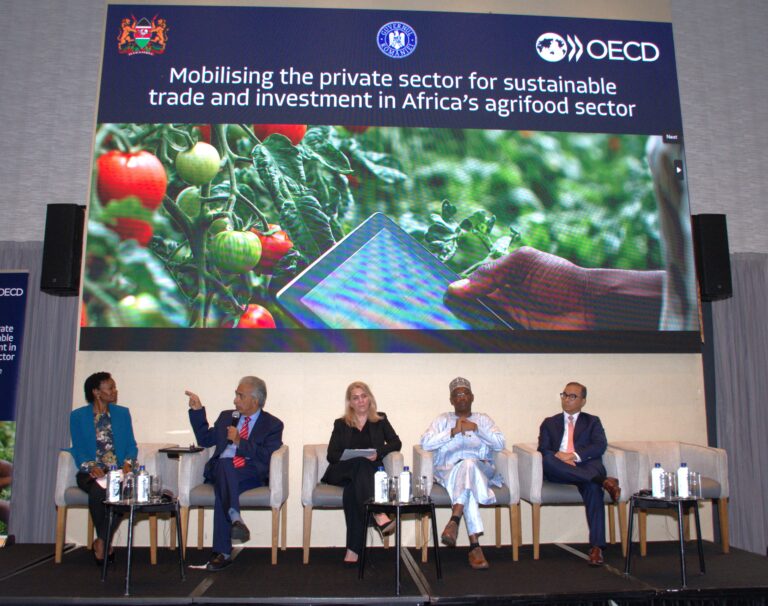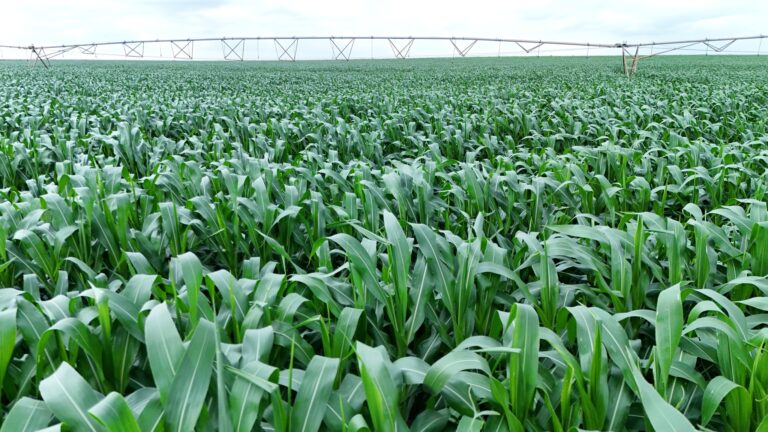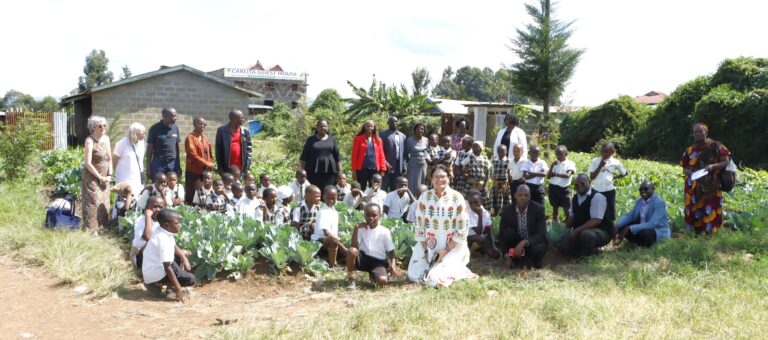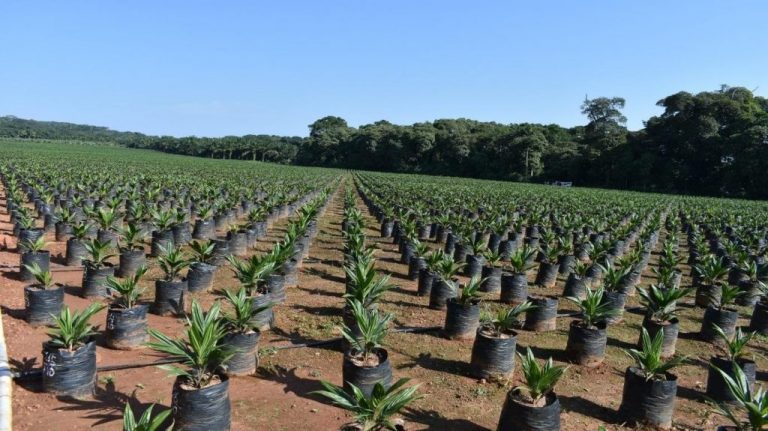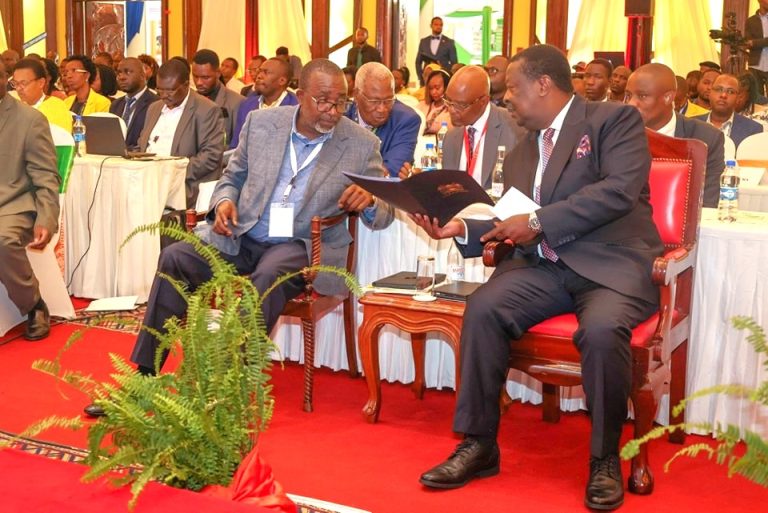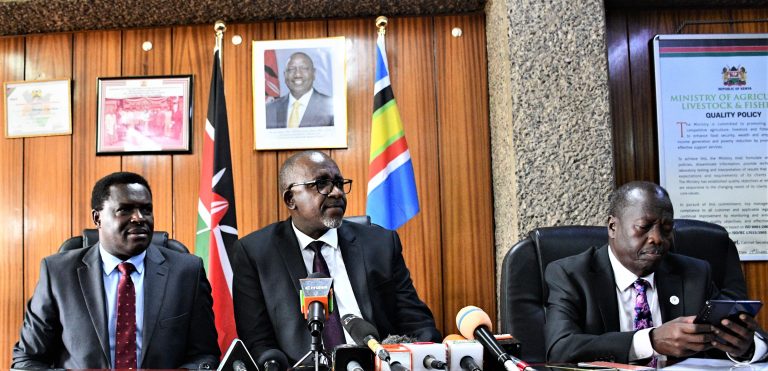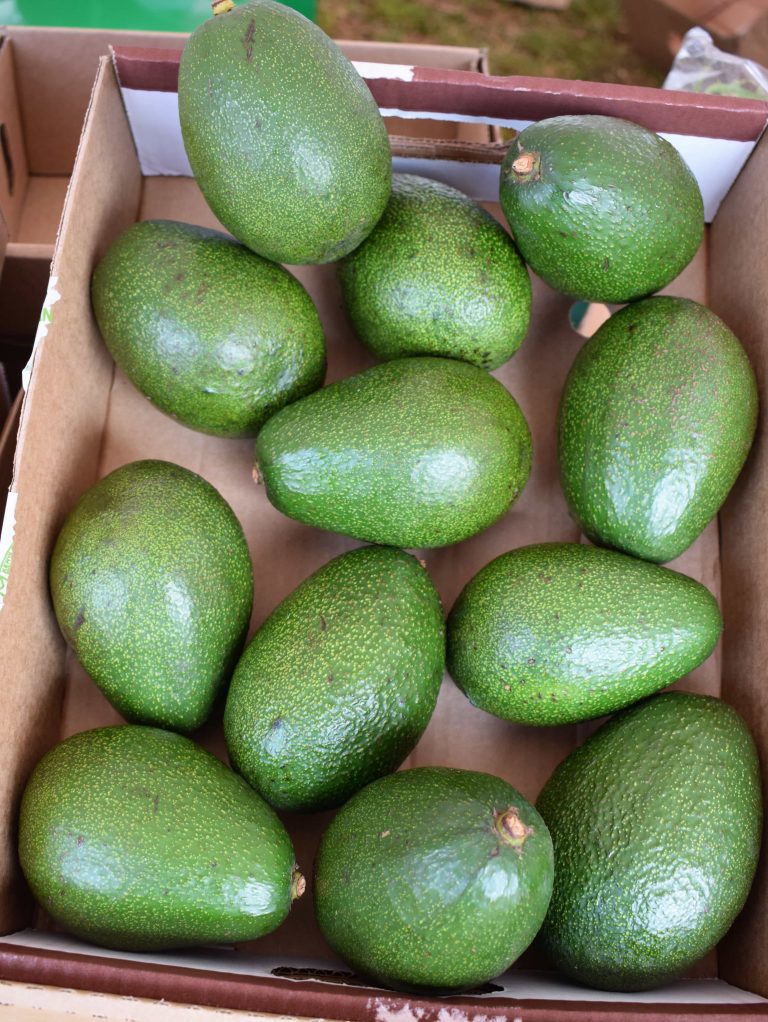The Chairman of the Council of Governors COG) who is also the Kakamega County Governor Wycliffe Ambetsa Oparanya says Covid-19 has affected the agriculture sector significantly. He has however pointed areas where the counties fared well in the provision of services to farmers during his state of devolution address. Coffee and milk production increased as tea production went low. Here are the highlights touching on agriculture from the address.
Mid and late 2019 was characterized by a moderate increase in prices of key food crops which was attributed to insufficient rainfall. Further, the drought experienced during the first half of the year, followed by heavy rainfall in the second half of the year led to reduced production of certain crops. However, the sector experienced a modest increase in production of potatoes, rice, wheat and significantly improved production of drought resistant crops such as sorghum and millet as illustrated in the Economic Survey 2020.
Sugarcane deliveries to factories declined from 5.3 million tonnes to 4.6 million tonnes. Similarly, maize production declined from 44.6 million bags to 39.8 million bags. Volume of tea production also declined from 493 thousand tonnes to 458.5 thousand tonnes, however, production of coffee rose from 41.4 thousand tonnes to 45 thousand tonnes. Production of wheat rose by 8.8% from 336.6 thousand tonnes to 366.2 thousand tonnes, while fish production was at 18.5 thousand tonnes.
A 5.3% increase was recorded in the volume of milk deliveries to processors which is 668.2 million litres from 634.3 million litres. While livestock slaughtered increased as follows:
The number of cattle and calves rose by 10.8% from 2,781.7 thousand heads to 3,080.8 thousand heads. Goats and sheep increased by 10.3% from 10,247.6 thousand heads to 11,302.7 thousand heads. Pigs increased by 6.5% from 388.2 thousand heads to 413.5 thousand heads.
Governor Oparanya says County Governments have continuously put in place measures and initiatives that have significantly contributed to the success experienced in the sector in the past one year.
In Budget implementation, Counties allocated an average of 7.3% to the Agriculture sector which is an increase of 0.6% from what was reported last year as they strive to reach the 10% recommended by the Malabo declaration.
In order to improve the quality of livestock yield, County Governments procured and distributed semen and artificially inseminated one hundred and eighteen thousand, eight hundred and eighteen (118,818) cattle.
To increase farm inputs, 10,597.5 million tonnes of fertilizers, 1,414 million tonnes of assorted seedlings and 666,850 assorted commercial and fruit trees were distributed to farmers in the Counties.
However, COVID-19 pandemic continues to affect operations in the sector. Consequently, County Governments in collaboration with the National Government have taken deliberate measures to ensure maintenance of food production. All Counties have established situation rooms to monitor food availability, affordability and to advice on measures required to ensure access to food.
In the last 5 months, the desert locusts have continued to create havoc in the country threatening livelihoods especially in the northern part of the country. Nevertheless, the threat has reduced significantly with only three (3) Counties, (Turkana, Samburu and Marsabit) still affected. The success in locust eradication the Governor says can be attributed to the closer partnership and collaboration between the National Government, County Governments and development partner support.



